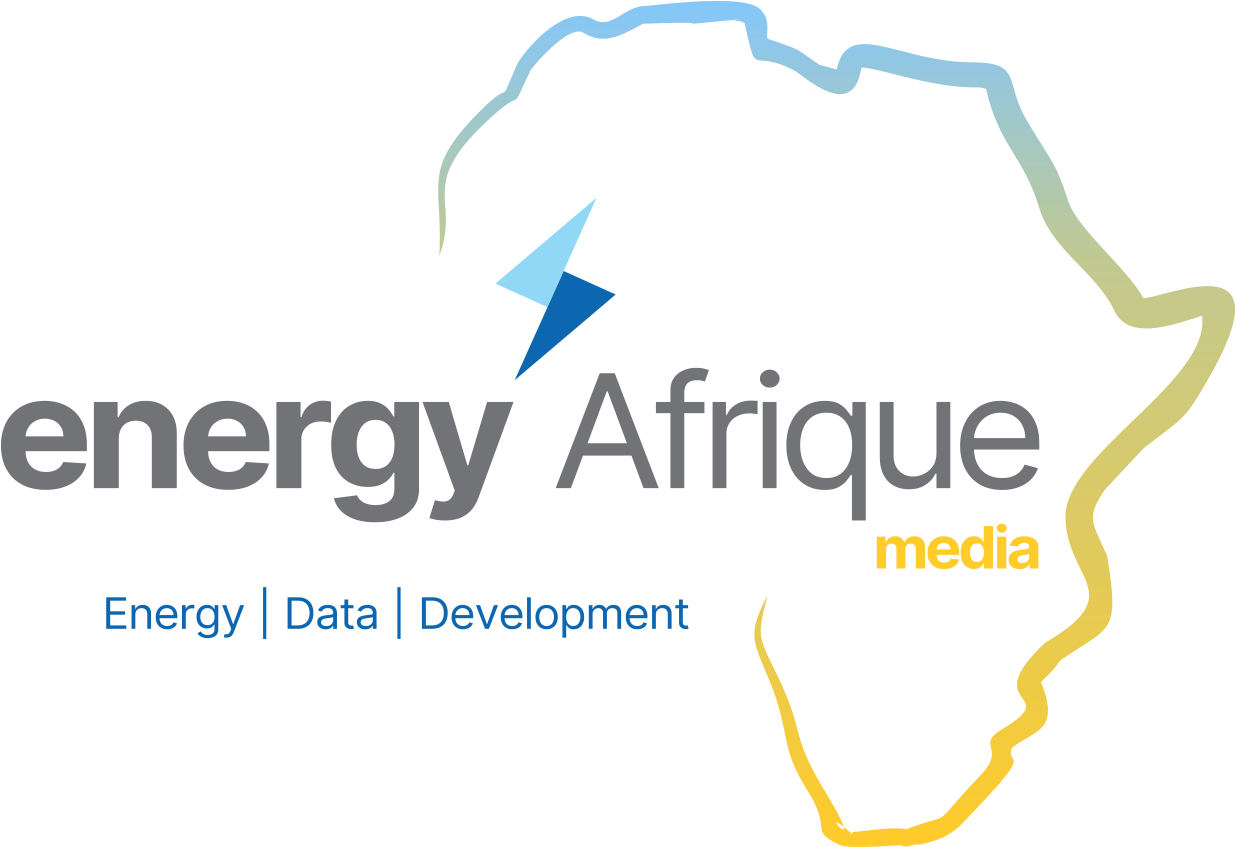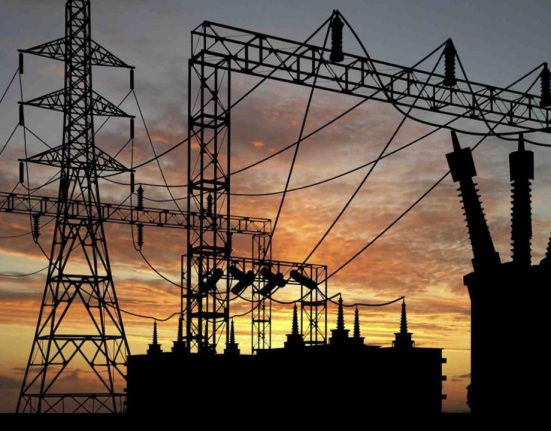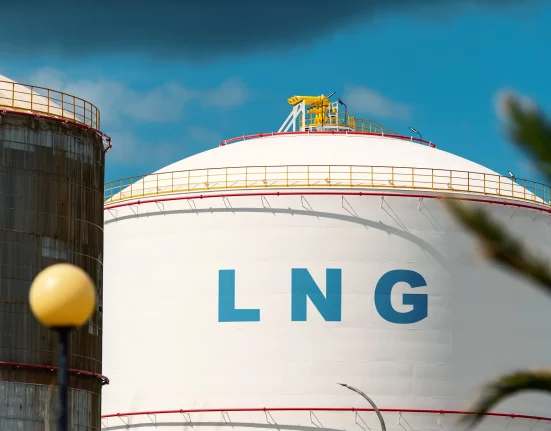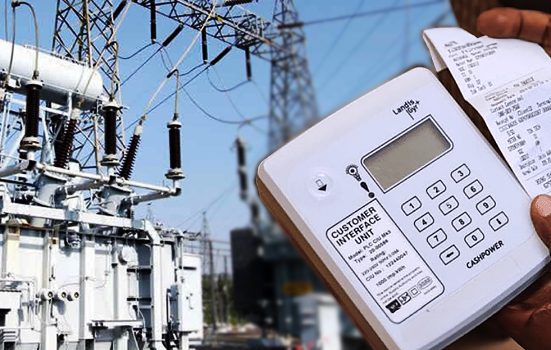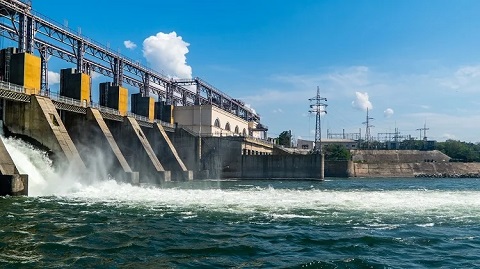Eskom, the state-owned utility of South Africa, is holding talks with the government on ways to attract public and private financing of the equivalent of $21 billion for a major expansion of the power grid to accommodate an expected rise in renewable energy, the company told Bloomberg on Friday.
Eskom has estimated that it needs $21 billion (390 billion South African rand) to fund its plan to build nearly 9,000 miles of new power lines over the next decade, which would be more than triple the miles of transmission lines it has installed in the past decade.
Currently, coal is the major energy source for South Africa, accounting for around 80 per cent of the country’s energy mix. The country is also the world’s fifth-largest coal exporter.
South Africa Launches Third Battery Storage Tender
TotalEnergies’ South Africa Ambitions: Wise or Risky?
But South Africa is going through a significant energy crisis with daily rolling power cuts that are crippling the economy as state firm Eskom continually fails to boost generation capacity to keep pace with growing demand in recent years.
Eskom according to OilPrice.com, is currently in “ongoing discussions with key government ministries on the funding of South Africa’s transmission capital-expenditure requirements,” the company told Bloomberg via email in response to queries.
Some of the money could come from the so-called Just Transition plan that wealthy nations have pledged to back with funding, according to Eskom.
The state firm is also considering tapping private funding, it said.
The U.S., the UK, France, Germany, and the EU are mobilizing an initial $8.5 billion to catalyze the first phase of South Africa’s Just Energy Transition (JET) Investment Plan as part of a long-term Just Energy Transition Partnership (JETP) signed in 2021.
Under the just transition plan, South Africa will invest in job retraining and reskilling, cash payments to support displaced workers while they find new employment, and redevelopment of former coal mines and coal power plants as clean energy production sites.
